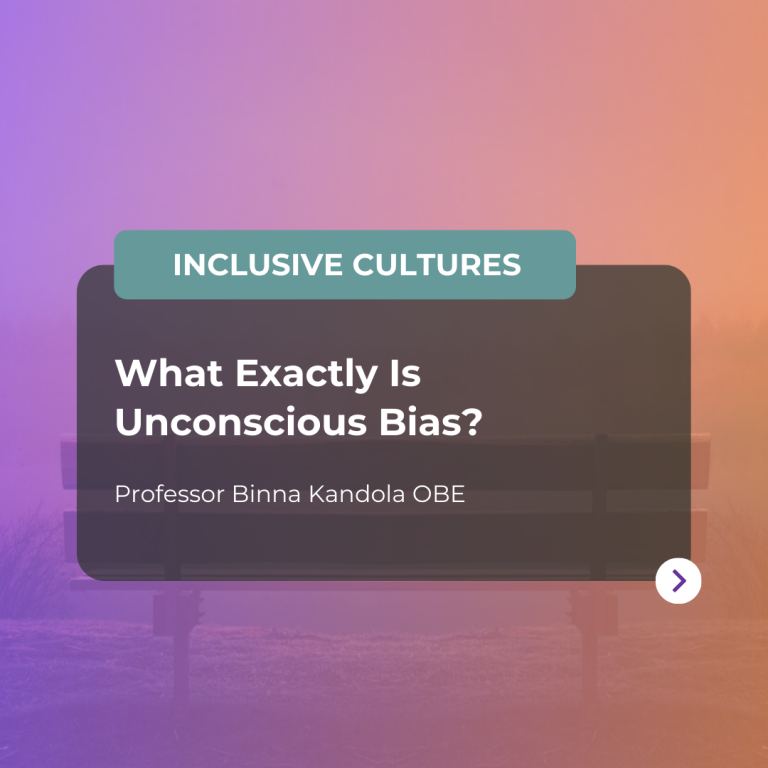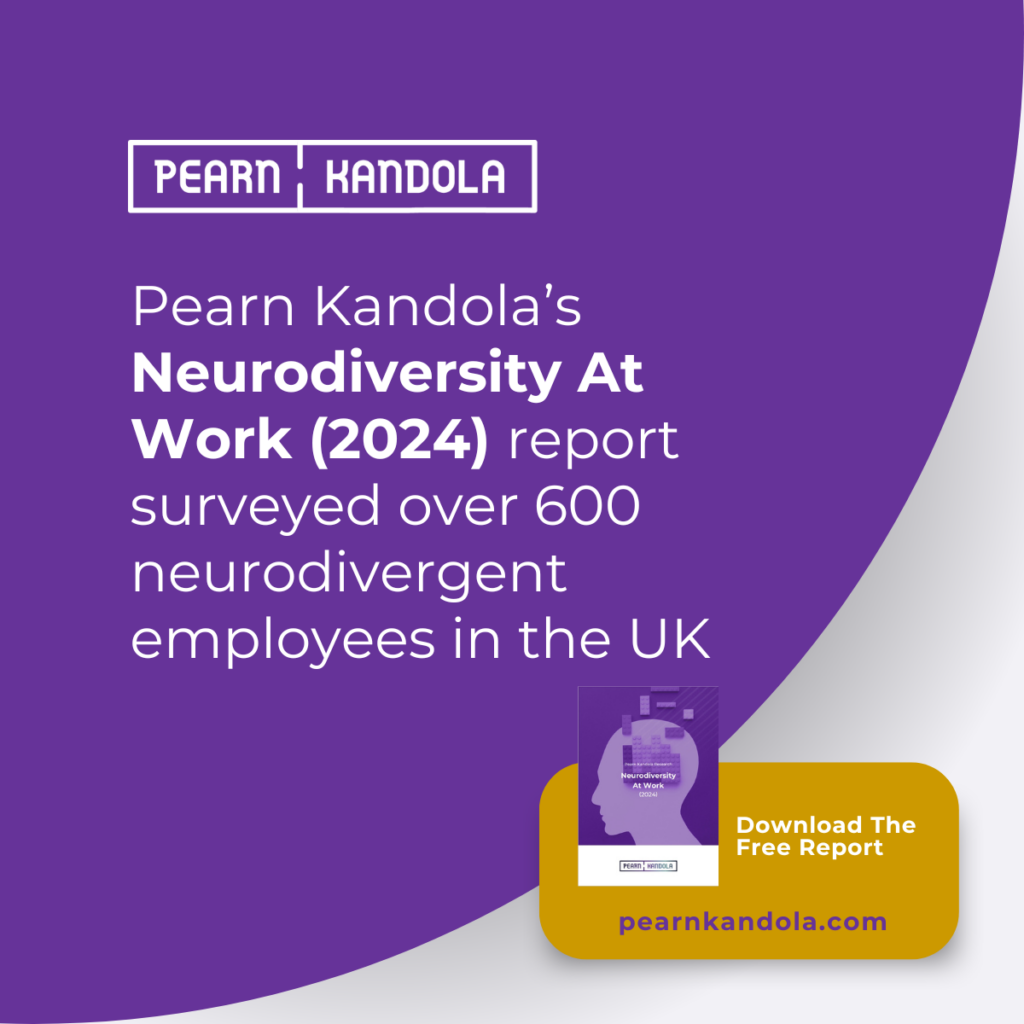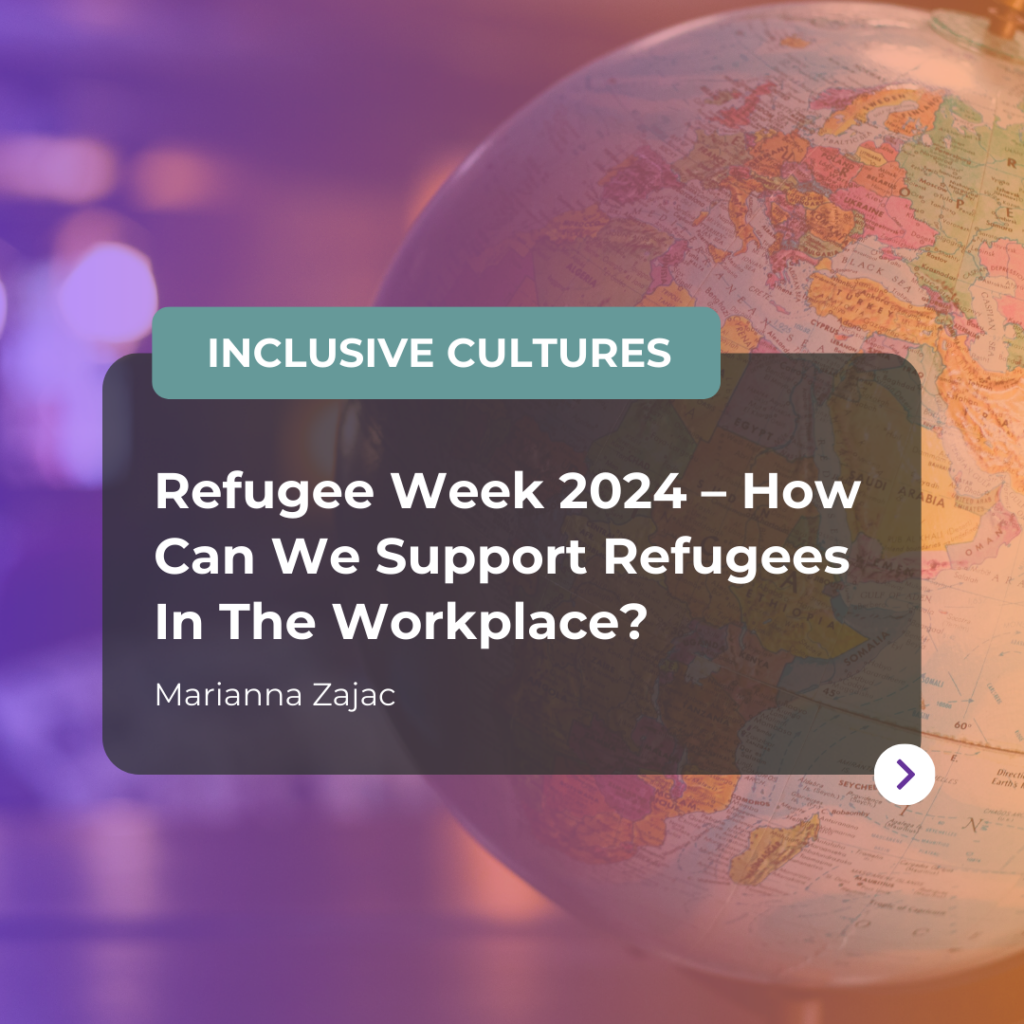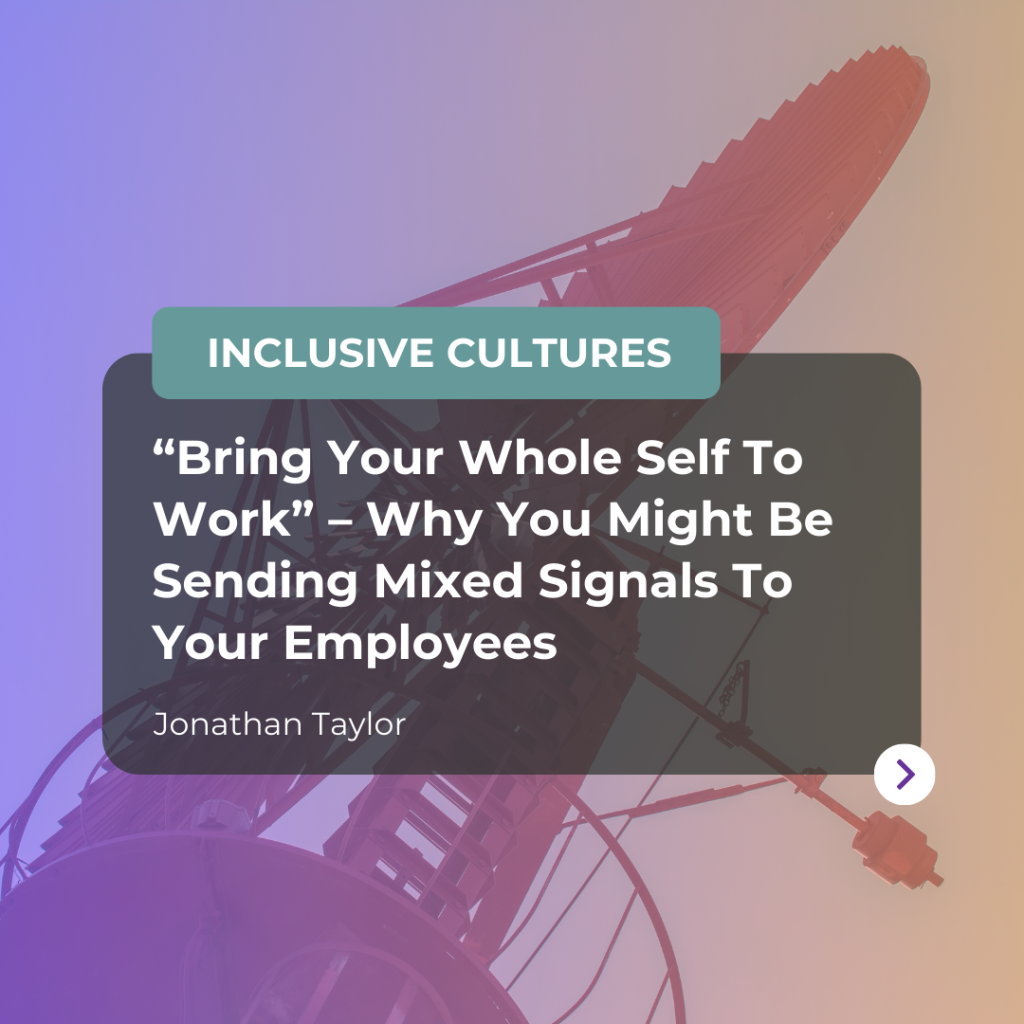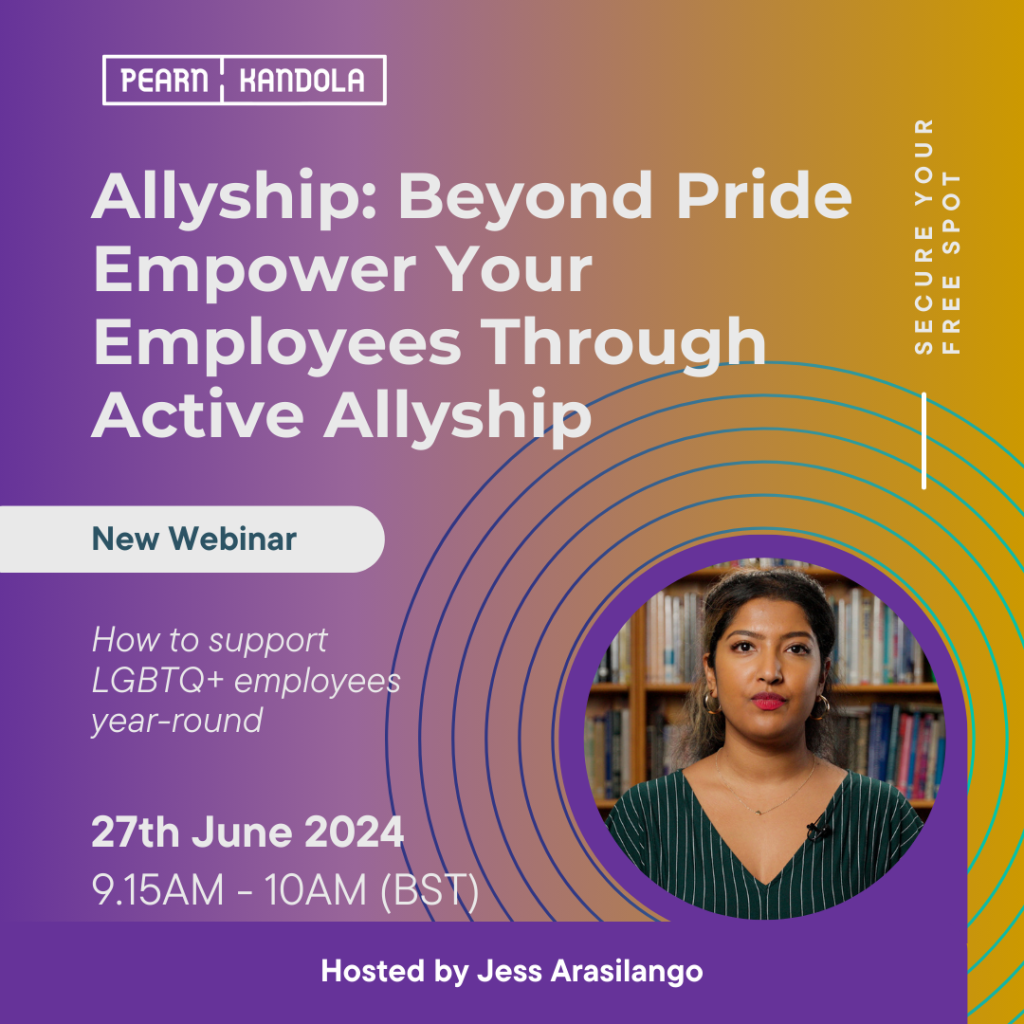What does the term “unconscious bias” mean?
Most of us would never describe ourselves as racist. Yet, while we see ourselves as liberal, egalitarian and open-minded, both as individuals and a society, our implicit attitudes are often directly at odds with our consciously-held beliefs. We might not like to think about it, but the moment we set eyes on someone, we begin to form an impression of them that is based on the colour of their skin, their gender – even their name. This is unconscious bias.
We acquire stereotypes throughout our lives: from the people around us, the media, interactions with others and our personal experiences. We are constantly acquiring information that affects our perspective on the world around us, and while we can consciously explore the impact and meaning of these influences, it’s naïve to think we have somehow inoculated ourselves against their power. We seem to be telling ourselves that because we no longer consciously indulge racist or sexist attitudes, they have disappeared. In reality, at a deeper, unconscious level, bias continues to shape our world.
What are some of the ways that modern racism occurs?
Modern forms of racism are much subtler than the overt acts of the past and are more likely to emerge in actions which are less consciously controllable. There are, however, several under-the-radar reactions which can provide insights into our unconscious behaviours. These include:
- Speech errors, which give an indication of nervousness
- Eye contact, which suggests trust, attraction and respect
- Rates of blinking: more blinking is an indication of tension
- The relevance of material discussed in a conversation-minorities will more often find themselves engaging in pleasant conversations at work but with little purpose
- The amount of time spent in conversation-conversations with minorities tend to be shorter
It is possible therefore that two people will leave a work-related conversation with entirely different views about it. The white person will feel that it was a perfectly satisfactory, friendly conversation. The minority person may have sensed tension via the person’s body language, felt excluded because of the lack of eye contact and that the conversation was not focussed or helpful.
How can the workplace be affected?
Bias affects every stage of the employee life cycle. So much so, that even before an employee has joined a business, they are likely to fall victim to bias. Research has found that when presented with two CVs that are identical in every detail except the name of the candidate, those with names that were suggestive of a white person, such as Emily, Neil or Todd, were approximately 50% more likely to be invited to an interview than those with names that were suggestive of a black person, such as Aisha, Jamal and Hakin.
Further down the employee life cycle, bias goes on to impact factors such as promotion, partly because managers are likely to evaluate someone who is similar to them more favourably. They will find it easier to connect on a personal level and the individual will ultimately have more opportunities to take on responsibility and prove themselves, as well as greater access to informal mentoring and support networks.
Considering that in most organisations, the majority of senior roles are filled by white people, this would suggest that white staff are given preferential treatment and are able to climb the ladder more quickly.
How can we change things?
It’s not the human brain that’s at fault for our biased behaviour; it’s the ideas, associations and stereotypes that we acquire and pass on. We are predisposed to react, think and feel in ways that are deeply embedded. The good news however is that since we have conditioned ourselves to think in these ways, we can think our way out of them – if we are sufficiently motivated to do so.
Today’s psychologists have a remarkable array of technology at their disposal to explore unconscious or implicit attitudes and associations. Some measure physiological data, such as heart rate, skin reactions or the electrical activity of muscle tissue. Others measure reaction times to various stimuli in order to determine the mental associations we make between a particular group and a set of characteristics.
So, it’s possible to change our biases once we are aware of them, but that doesn’t mean that simply making people aware of their biases will empower them to manage them. The reality is that unconscious biases affect most of our everyday decision making, and that what you are trying to achieve is a form of behavior change – fairer judgements, fairer evaluations and fairer decisions. In order to achieve that, we have to give people knowledge and tools that actively reduce opportunities for bias.
In an interview scenario, for example, recruiters can be trained to ask candidates questions that help candidates provide as detailed responses as possible. Vague or ambiguous answers leave the door open for bias to fill in the missing details with assumptions that are based on stereotypes. Therefore, encouraging recruiters to be as factual and objective as possible in their approach will help to reduce the opportunity for bias to creep into their work.
It is grossly arrogant to assume that we may not be susceptible to race bias. It is complacent to believe that racial prejudice is not our problem. It is naïve, bordering on stupid to suggest that racism is not present in society today. Indifference to these issues is the precondition for the perpetuation of racism.
We can draw hope from the fact that many different ways of reducing both implicit and explicit biases have been explored. Before we can change our biases though, we need to challenge them. This requires a willingness to engage with them, to own them, and to be open to new ways of examining our behaviour, thoughts and feelings.
This article is part of our series about Racism at Work: The Danger of Indifference, our latest book. If you would like to purchase a copy, go to Amazon.
If you’re looking to tackle unconscious bias in your organisation, view our Unconscious Bias training or email info@pearnkandola.com
